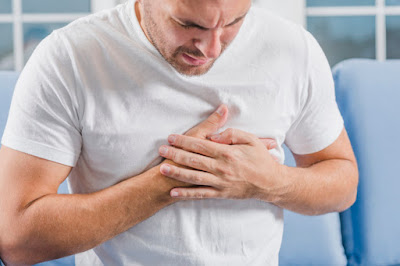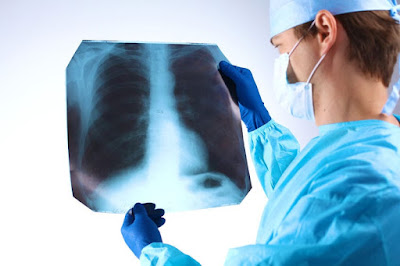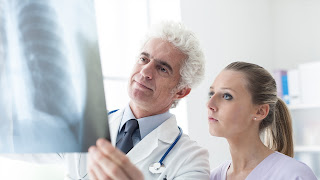Lung cancer: Causes, Symptoms, and Treatment

A type of cancer that occurs in the lungs is lung cancer. Two spongy organs in your chest are your lungs that take in oxygen as you inhale and release carbon dioxide as you exhale. The main cause of cancer deaths worldwide is lung cancer. People who smoke have the highest chance of lung cancer, but people who don't smoke can still get lung cancer. With the amount of time and number of cigarettes you have smoked, the risk of lung cancer increases. You will greatly lower the risk of contracting lung cancer if you quit smoking, even after smoking for several years. Lung cancers can affect almost any part of the lung, but 90-95% of lung cancers are caused by epithelial cells, cells that line the larger and smaller airways (bronchi and bronchioles), which is why lung cancers are often referred to as bronchogenic or bronchogenic cancers. (Another word for cancer is carcinoma.) Cancers can also arise from pleura (called mesotheliomas) or rarely from supporting tissues such as blood vessel...







